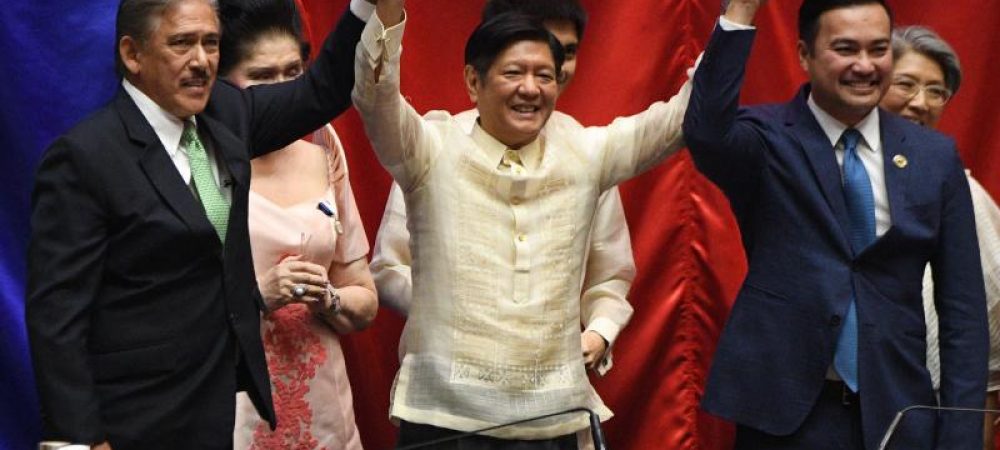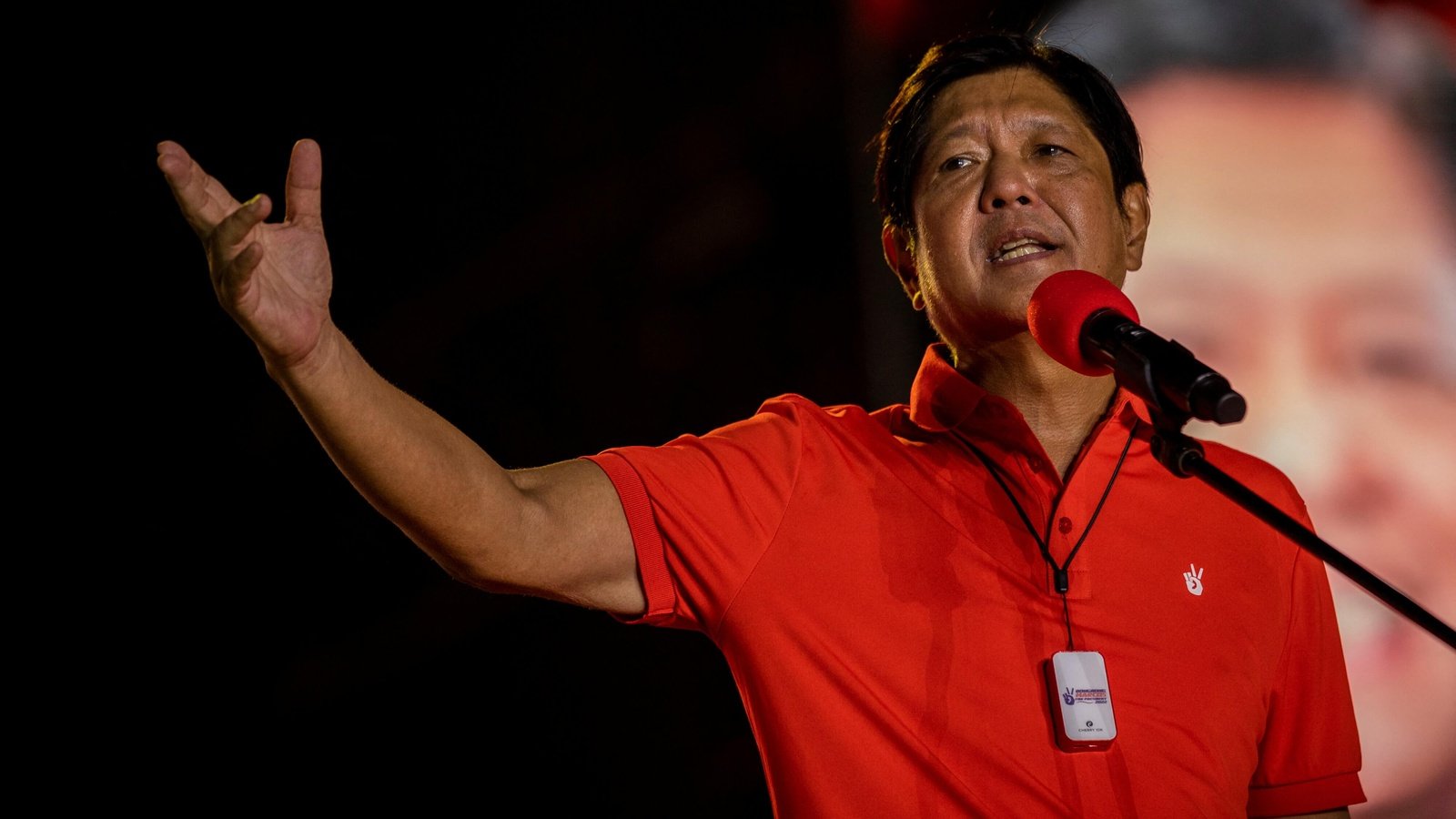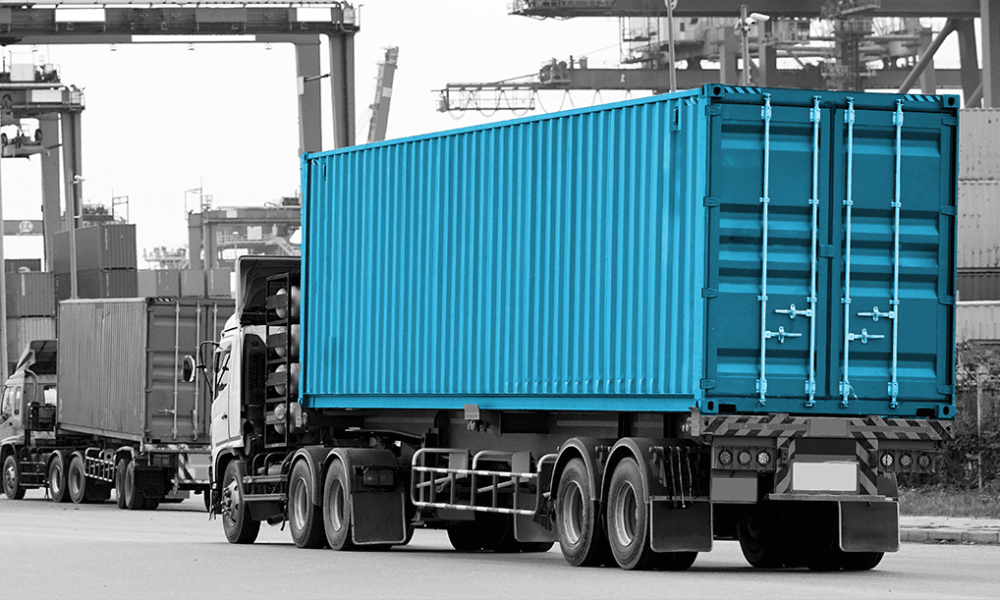The Philippine Congress has officially named Ferdinand Marcos Jr. as the country’s 17th President. Completing his family’s remarkable rehabilitation, nearly four decades. In a joint session, the Senate and House of Representatives declared that Marcos and his running mate, Sara Duterte, daughter of outgoing President Rodrigo Duterte, won by a wide margin.
“I’m humbled,” he later told reporters, the Associated Press reported. “I thank our people and, beyond that, I promise you that we may not be perfect but we will always strive to perfection.”
“I ask you all pray for me, wish me well. I want to do well because when the president does well, the country does well,” he said.


The proclamation followed presidential elections on May 9, which were the most lopsided since Marcos Sr. According to the preliminary results of the Electoral Commission (Comelec), Marcos received 31.6 million votes, or 58.8 percent of the total votes, against his main rival, Vice President Leni Robredo, who received just over 15 million votes. Duterte received 32.2 million votes (61st3 percent), more than three times that of Senator Francis Pangilinan, who earned $9.3 million.
Acting Presidential Spokesman Martin Andanar described the proclamation as “another historic milestone in our political life as a nation, underscoring that we are indeed a showcase and a beacon of democracy in this part of the world. The reality is obviously much more ambiguous.
During session of Congress, Marcos was joined by his wife and three children, as well as his 92-year-old mother Imelda, the family’s matriarch, who has plotted the family’s return to the heights of politics. Former first lady, Imelda received loud applause from the assembled lawmakers as she posed for photos.
“We’re very, very grateful for a second chance,” Senator Imee Marcos, his sister, told reporters before the proclamation. “Our family went through a lot and after 1986, we faced all sorts of cases, ridicule and oppression.”
Marcos himself has steadily risen through the political system. In the early 1990s he was elected for the second district of Ilocos Norte, after which he served as governor of the province for three consecutive terms. He was then elected to the Senate in 2010.
Outside, several demonstrators gathered to protest the proclamation and burned large effigies of the new President and Vice President. The police used a water cannon and riot shields to stop them from marching on Congress.


In the past interviews, Marcos said that should he win in next year’s presidential race, he intends to modernize existing seaports, airports, and railways and increase their accessibility.
He said that investment in these areas will raise the country’s import and export capacity and provide opportunities for local industries to recover.
“Our strategic location in the pacific is an advantage that no other country has. It’s time for us to leverage this and aspire to become a major logistics hub in the region,” Marcos said in a statement.
“To achieve this we will need to modernize our existing seaports, airports, and railways or build new ones where necessary,” he continued.



